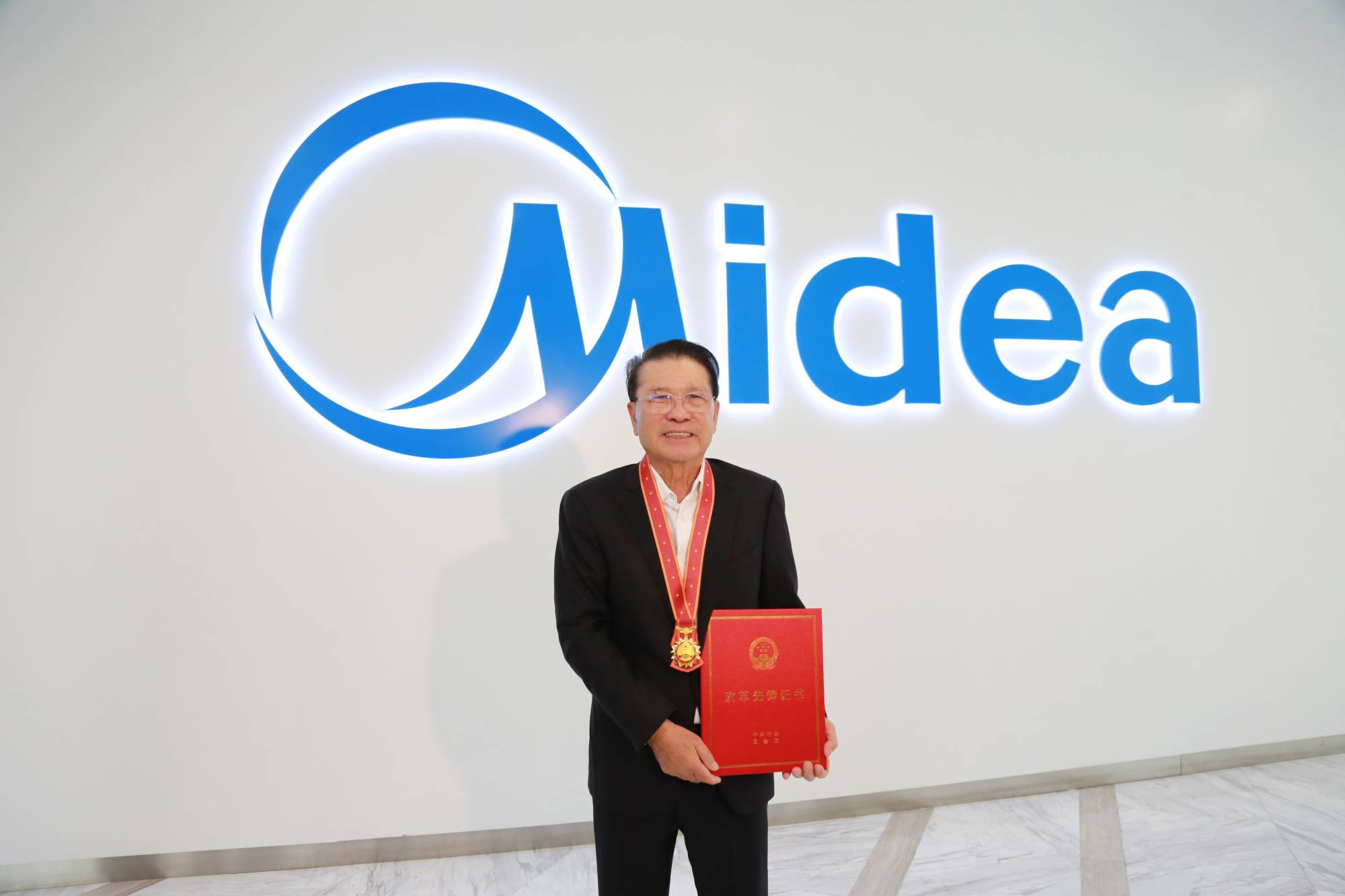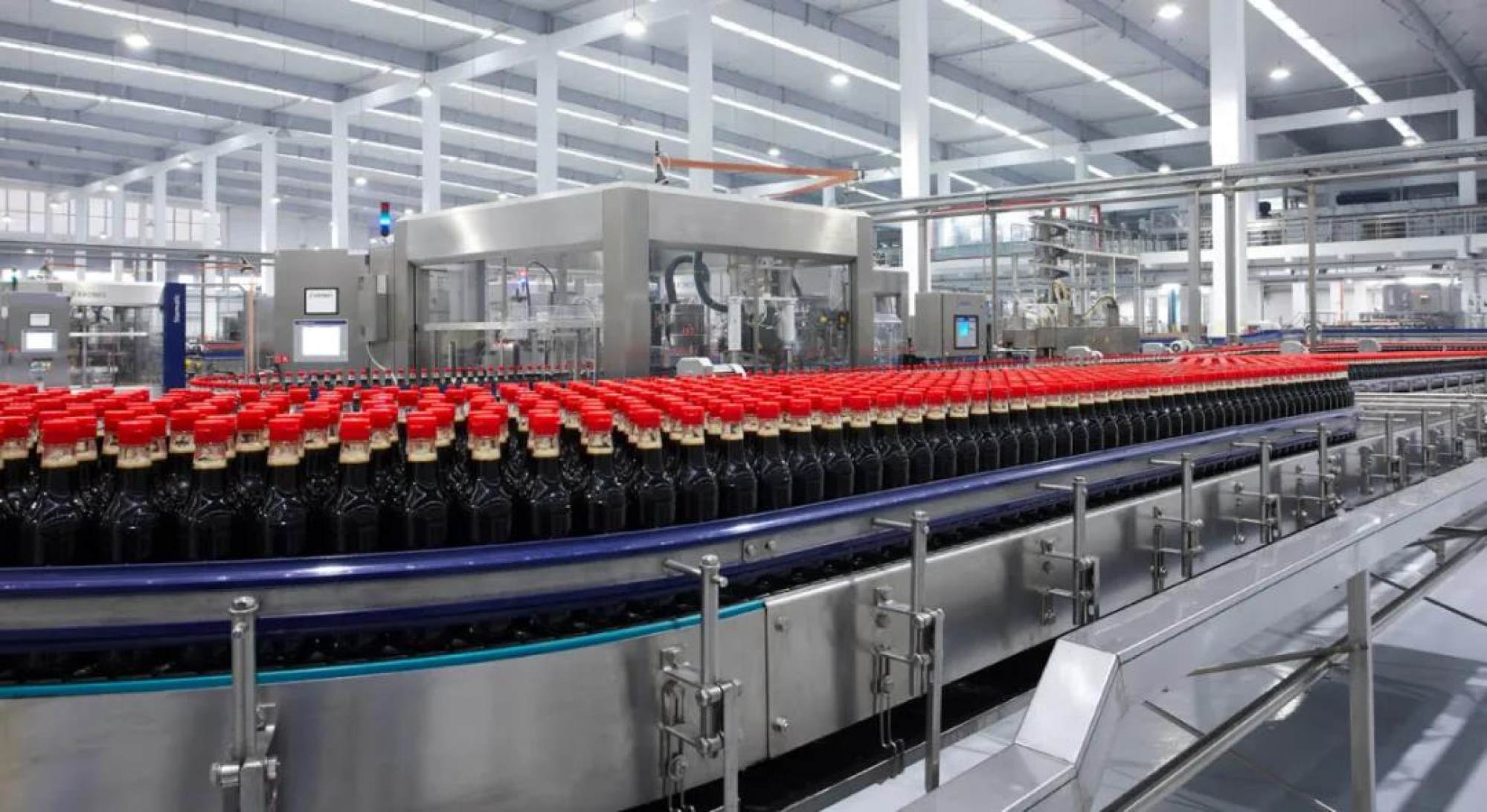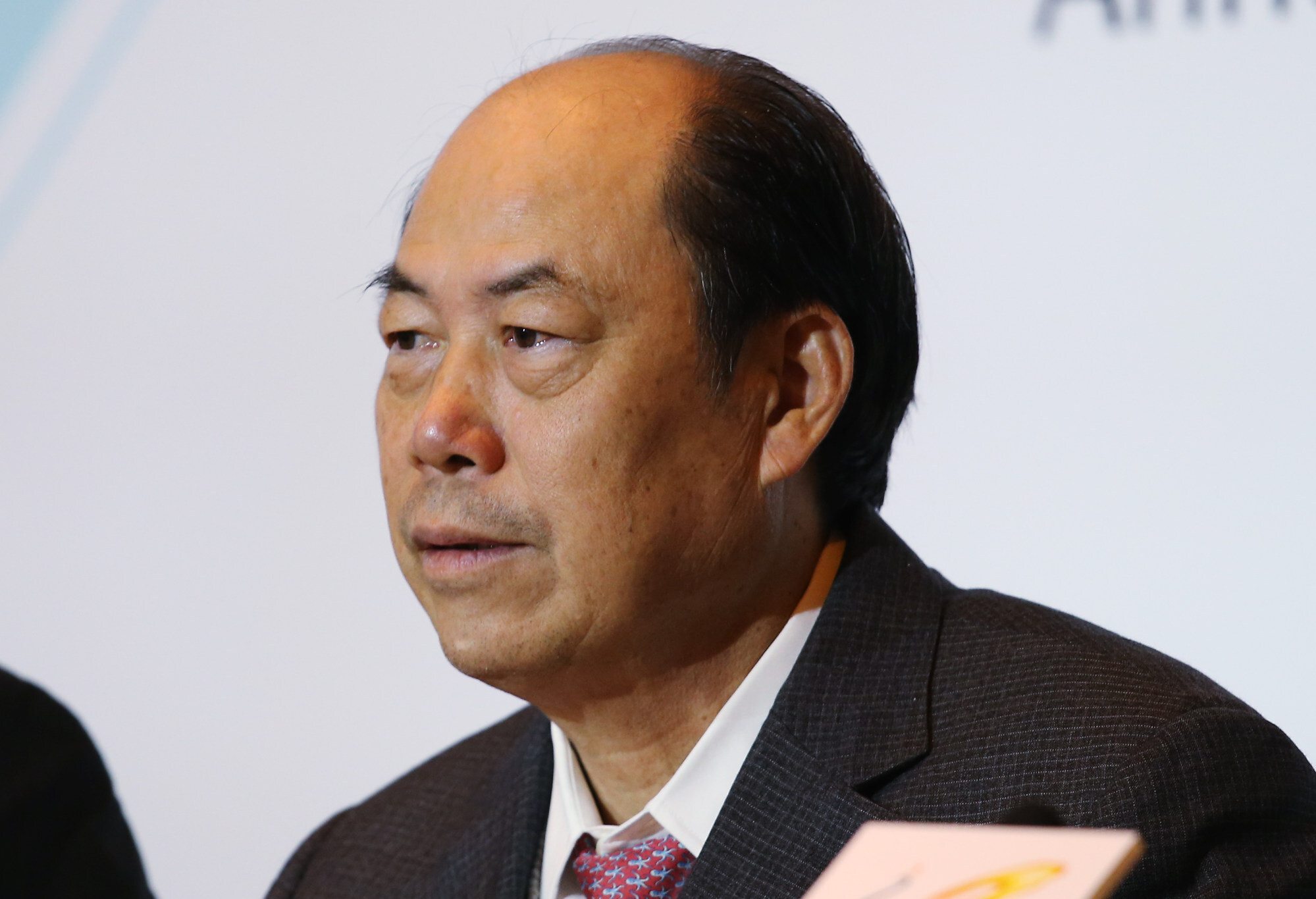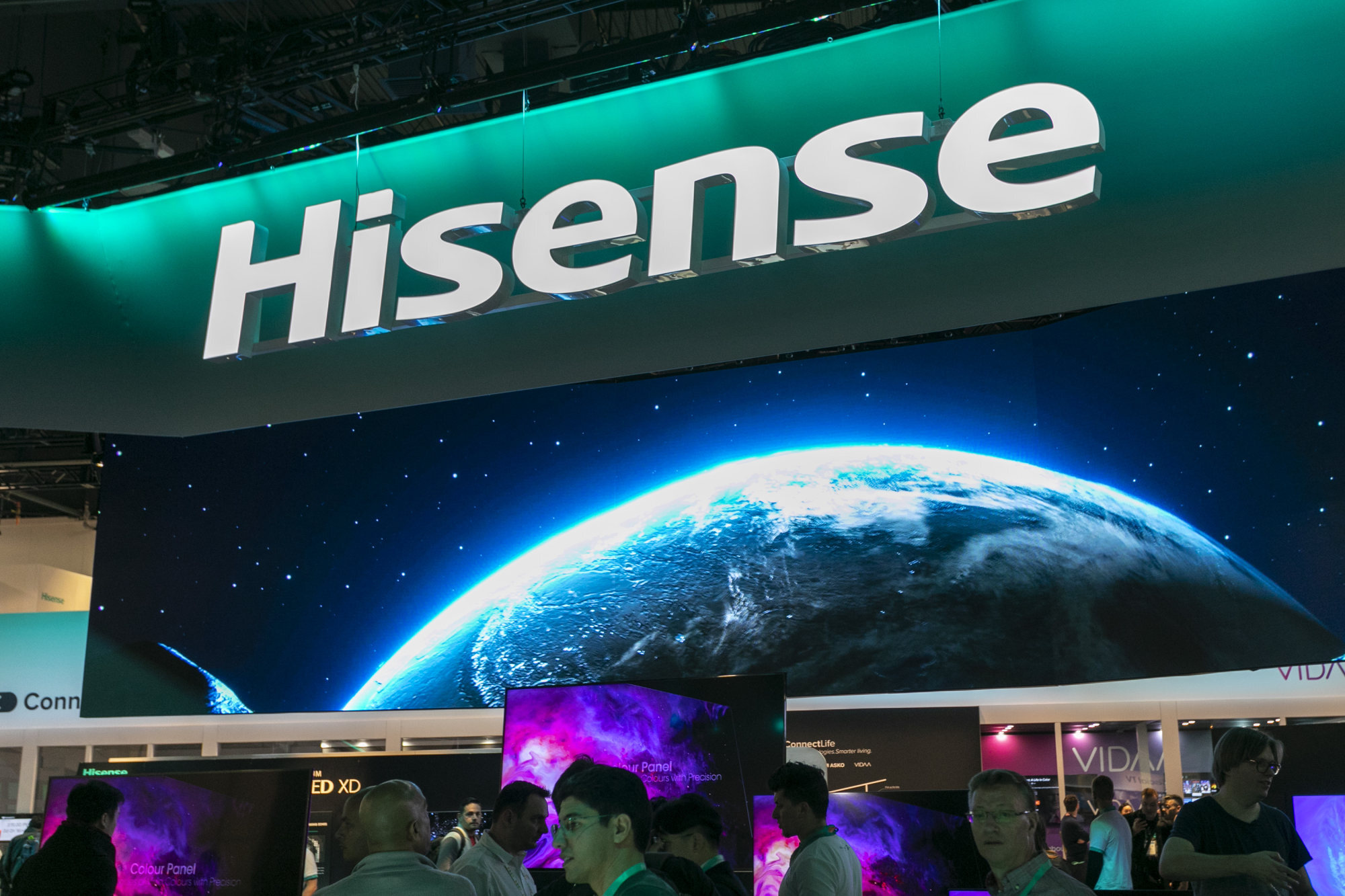
Foshan, located about 133km northwest of Hong Kong, is the fourth-largest economy in the Greater Bay Area and home to some of the world’s biggest companies and richest billionaires.
Behind the city’s 1.08 trillion yuan (US$164.7 billion) economy is an assembly of manufacturing giants, the most famous of them being home appliances maker Midea Group and Foshan Haitian Flavouring & Food.
Some 41 Foshan-based companies are traded on the Shanghai and Shenzhen stock exchanges, according to data compiled by the China Business Industry Research Institute. They commanded a combined market value of 1.61 trillion yuan at the end of 2020.
Midea Group, Haitian Flavouring, Country Garden, Guangdong Xinbao Electric, Hisense Home Appliances Group, Grandblue Environment, Guosheng Financial Holdings, Keda Industrial, Keshun Waterproof Technologies, and Monalisa Group make up the top 10 list.
At least eight billionaires in Foshan-based companies are driving the city’s dominance in manufacturing, from electrical appliances to ceramic tiles, metal smelting and textiles.
The businesses coexist in a city that also thrives on the legend of San Francisco-born Bruce Lee, whose grandfather built the family ancestral home in the Shunde district. Foshan has the fourth-largest economic output in the Greater Bay Area, trailing Shenzhen, Guangzhou and Hong Kong.
Here are the five largest firms in Foshan, based on their market capitalisation at the close of trading on April 2.
1. Midea Group
The world’s largest home appliances maker tops the list with a market cap of 613.4 billion yuan (US$93.4 billion). The Shenzhen-listed firm is ranked 307th in the Fortune Global 500 List in 2020.
Based in Shunde, one of the five districts in Foshan, the firm recorded a 32 per cent jump in earnings to 8.09 billion in the third quarter to September 2020. It grew sales by 16 per cent to 78 billion yuan. For the January-to-September period, revenue fell 1.8 per cent to 217.8 billion yuan while earnings rose 3.3 per cent to 22 billion yuan.
Midea was ranked the second most valuable consumer goods company in China, according to a list compiled by researcher Hurun Group, trailing Shenzhen-based telecommunications group Huawei Technologies.

Its 78-year-old boss He Xiangjian has a net worth of about US$36.2 billion, according to Forbes, making him the fifth richest person in China. The tycoon, a subject of a kidnapping attempt in June 2020, built his white-goods manufacturing empire in 1968 from a workshop producing bottle caps.
2. Foshan Haitian Flavouring & Food
Foshan Haitian was listed in Shanghai in 2014, whose brand dates back to the Qing dynasty during the reign of Emperor Qianlong (1711-1799) when it was the biggest soy sauce manufacturer in the city. It was born out of a merger of 25 local companies in the industry.
It had a market value of 552.2 billion yuan. While its success lies in its soy sauce, it also sells other condiments such as vinegar, sesame oil, oyster sauce and chicken extract.

Today, the group operates the world’s biggest condiment production base of around 0.8 square miles in the Gaoming district. It invested more than 1 billion yuan in the factory, which can produce more than 1 million tonnes of condiments annually.
The group generated 15 per cent more sales in 2020 to 22.8 billion yuan, or the equivalent of 11 per cent of what Tesla got from selling electric cars last year. Earnings rose 20 per cent to 6.4 billion yuan.
The business has minted at least five billionaires associated with the group, according to Forbes. They include chairman Pang Kang (US$26.7 billion), vice-chair Cheng Xue (US$8.8 billion), Pan Laican (US$4.2 billion), Lai Jianping (US$3.8 billion) and Li Xuhui (US$2.3 billion).
3. Country Garden
The city’s biggest residential developer has a market cap of HK$221 billion, or US$28.4 billion, helmed by the family of Yang Guoqiang. A 2005 family wealth transfer, including a 57.6 per cent ownership of the developer, made his daughter Yang Huiyan the richest woman.
Yang, who co-chairs the developer with her father, is credited with US$34.6 billion in net worth. Her spouse Chen Chong is a non-executive director.

The developer collected 519 billion yuan or 91 per cent of the value of 67.3 million sq m of contracted property sales. The group owned 266 million sq m of land bank at the end of June 2020, of which only 80 per cent were located outside Guangdong province, according to its interim report. It was developing 2,662 projects at the time.
4. Guangdong Xinbao Electrical Appliances
Like Midea, Xinbao is located in the same district of Shunde with a focus on kitchen appliances such as kettles, coffee machines and toasters. It produces the Donlim brand and holds rights to produce the Morphy Richards brand in China from the namesake UK group based in South Yorkshire.
Xinbao had a market cap of 30.5 billion yuan. The Shenzhen-listed group built its business from 1995 by exporting to developed countries before entering the local mainland market in 2003.
Its net profit surged by 75 per cent to 1.4 billion yuan in 2020, while revenue jumped 44 per cent to 13.3 billion yuan. Domestic sales improved 65 per cent while gains outside mainland China increased by 40 per cent from a year earlier, it said.
Guo Jiangang, 55, founded the company in 1995 and is worth about US$1.9 billion, according to Forbes.
5. Hisense Home Appliances Group
The home appliances producer was founded in 1969, beginning its corporate life by producing small radios in Foshan.
The firm had a market value of 22.1 billion yuan on April 2. Its shares were first listed in Hong Kong in July 1996 and a flotation of A shares in Shenzhen followed three years later.

Despite generating 29 per cent more sales in 2020 to 48.4 billion yuan, the group suffered a 12 per cent decline in earnings, blaming the shrinking markets for refrigerators and air conditioners in the first quarter due to the Covid-19 outbreak.
Its biggest shareholder is state-owned Qingdao Hisense Air-conditioning Co with a 57.2 per cent stake, according to its interim report published in September last year.







